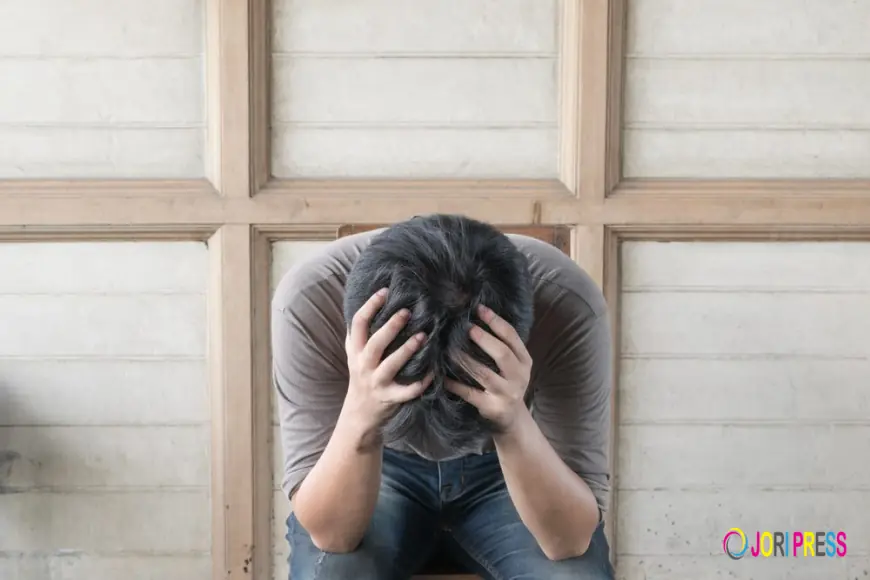Effective Counseling Approaches for Managing Stress and Anxiety
Explore effective methods of counseling for stress and anxiety in India. Learn how therapy helps people regain control and peace of mind.

Stress and anxiety have become part of everyday life for many people. In cities and even smaller towns across India, people are juggling work, relationships, financial pressures, and health concerns. Over time, this constant strain can feel like carrying a heavy backpack that never comes off. That’s where counseling can help lighten the load.
But what does counseling for stress and anxiety really involve? Is it just talking to someone, or is there more to it?
In this article, we’ll walk you through the most effective counseling approaches used in India today. Whether you're someone looking for help or just curious about the process, this guide aims to answer your questions in a simple and honest way.
Cognitive Behavioral Therapy (CBT)
CBT is one of the most widely used and evidence-based approaches in Counseling for Stress and Anxiety in India. The idea is simple: our thoughts affect our feelings, and our feelings affect our actions. By identifying and changing negative thought patterns, CBT helps people break the cycle of anxiety. It's like learning to change the script in your head so that you can direct your story, instead of letting fear write it for you.
Why Seek Counseling in India?
In India, the stigma around mental health is slowly reducing. More people are realizing that mental wellness is just as important as physical health. Counseling offers a safe and private space to explore what’s really going on in your mind, without judgment. It helps you understand yourself better, build coping skills, and find clarity when life feels overwhelming.
Person-Centered Therapy
This approach is all about empathy, warmth, and genuine support. The therapist creates a non-judgmental space where you can explore your feelings at your own pace. It’s especially helpful when you’re not looking for advice, but just someone who truly listens and understands.
Mindfulness-Based Counseling
Mindfulness helps you stay in the present moment rather than worrying about the future or dwelling on the past. In counseling, mindfulness techniques such as deep breathing, body scans, or guided meditation are used to calm the mind and reduce stress. It’s not about ignoring your problems but facing them with a clearer head.
Narrative Therapy
Everyone has a story, and sometimes the way we tell that story can shape how we see ourselves. Narrative therapy helps clients reframe their life experiences. For example, instead of viewing yourself as a failure because of past mistakes, you might come to see yourself as someone who has learned and grown stronger.
How to Choose the Right Therapist
The relationship between you and your therapist matters. Look for someone you feel comfortable with, who listens without judgment, and who respects your background and values. You can ask about their qualifications, areas of expertise, and even try a few sessions before committing.
Cost and Accessibility
One of the biggest concerns people have is affordability. While private therapy can be expensive, many NGOs, hospitals, and government programs now offer low-cost or free counseling for stress and anxiety in India. Online options also tend to be more affordable and accessible.
Signs You May Need Professional Help
If stress or anxiety is interfering with your daily life — sleep issues, constant worry, low mood, or difficulty concentrating — it might be time to seek help. Remember, asking for help isn’t a sign of weakness. It’s a brave and healthy decision.
Conclusion
Counseling isn’t magic, and change doesn’t happen overnight. But with patience, honesty, and support, it’s entirely possible to feel more balanced, confident, and in control. Think of counseling as tuning your inner instrument — with the right notes, you can create harmony even in chaos.
What's Your Reaction?
 Like
0
Like
0
 Dislike
0
Dislike
0
 Love
0
Love
0
 Funny
0
Funny
0
 Angry
0
Angry
0
 Sad
0
Sad
0
 Wow
0
Wow
0

















































